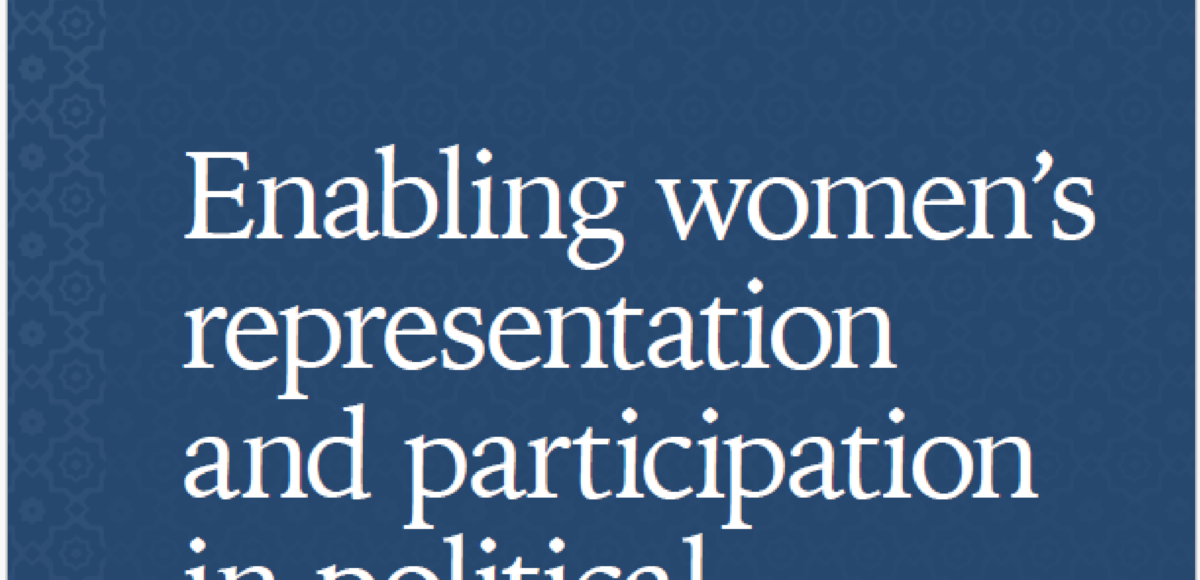


Somalia grapples with unique cultural, societal, and structural hurdles that hinder women’s access to political processes. Despite introducing a nonlegally binding quota, the most recent federal elections in 2022 saw a decline in women’s parliamentary representation. Beyond this, women’s leadership in public spaces remains inadequate at all levels. Patriarchal norms, gender stereotypes, and cultural barriers hinder women’s full participation in decision-making, with women predominantly perceived as homemakers, with caregiving responsibilities. Even so, over the past decade, Somali women have been increasingly motivated to participate in politics, driven onward by their professional backgrounds, support networks, increased educational opportunities, and activism experience.
Download here the full report.